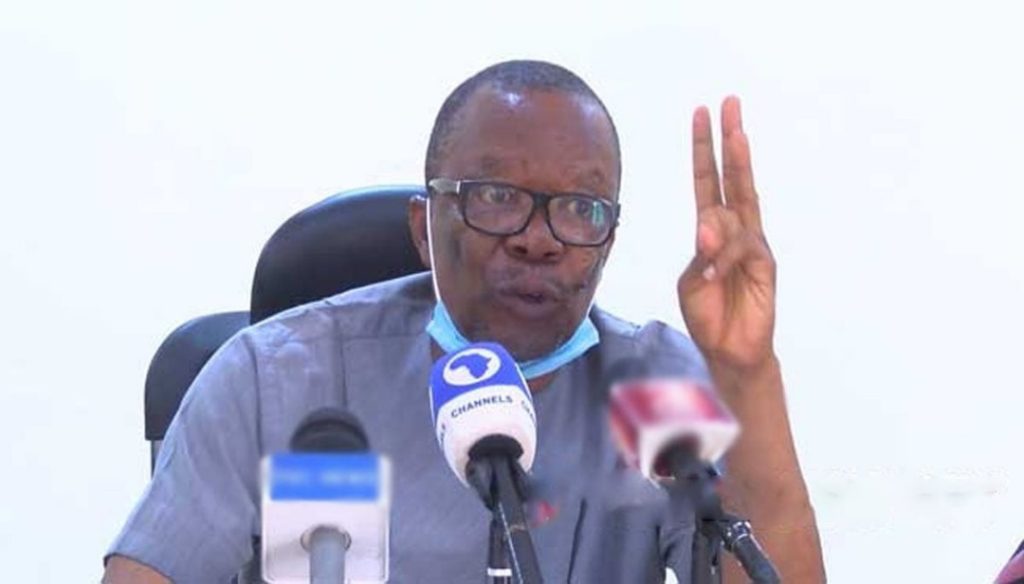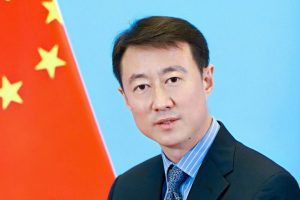
Professor Emmanuel Osodeke, President of the Academic Staff of Universities (ASUU), has highlighted the alarming economic hardship leading to the deaths of approximately 40 ASUU members in the past three months, with 18 occurring in a single month. He also addressed the union’s ongoing demands from the federal government, stating that while the government had yet to fully resolve these issues, they had made new promises with specific timelines.
These demands included revitalization funds, unpaid earned academic allowances, withheld salaries, and the renegotiation of previous agreements. Osodeke mentioned that the government had pledged to address these issues, particularly after the national budget’s passage, and ASUU was awaiting action. He clarified that ASUU had not abandoned its strike threat, emphasizing that strikes were a last resort.
The union was giving the government the benefit of the doubt, with a review scheduled for the end of March to determine their next steps. Osodeke expressed deep concern about the nation’s economic state, describing it as critical and the most difficult period Nigerians had experienced. He highlighted the rising cost of living, which made basic necessities unaffordable for many, and the alarming rate of untimely deaths among ASUU members due to stress and financial hardship.
He pointed out the disparity between the substantial increase in government revenue and the minimal increase in workers’ salaries. Osodeke questioned the government’s allocation of funds, arguing that projects like the Lagos coastal road were misplaced priorities compared to investing in agriculture, education, and healthcare. He stressed that the government’s primary focus should be the welfare of its people, not just infrastructure development. Regarding the appointment of university vice-chancellors, Osodeke attributed the recurrent crises to undue government interference.
He explained the clear legal procedure for appointments, emphasizing the governing council’s role and the absence of presidential or ministerial authority in the process. He advocated for judicial redress for aggrieved candidates rather than political intervention. On the proliferation of new universities, Osodeke criticized the government’s focus on quantity over quality, turning universities into constituency projects without considering their viability.
He also addressed the issue of mass production of First Class graduates by private universities, asserting that many of these awards were unmerited and driven by the need to attract students. He called for a government investigation into this practice, highlighting the disparity in admission standards and academic rigor between public and private universities. Osodeke concluded by emphasizing the importance of education as the bedrock of genuine development and urged the government to fulfill its responsibilities in this sector.





